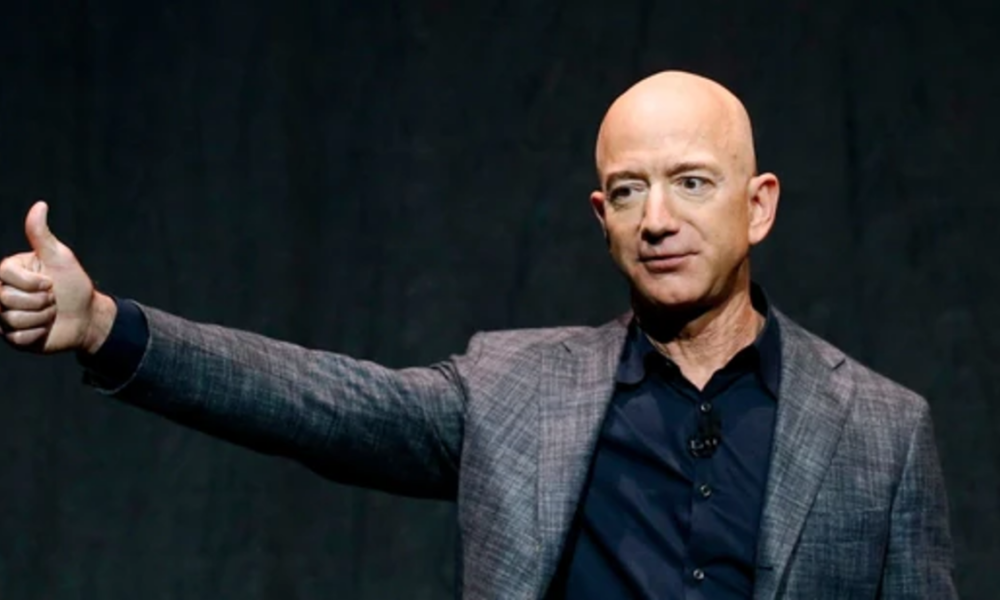Jeff Bezos resigned as Amazon’s CEO on Monday; he will now work as the company’s executive chair.
What We Know:
- Bezos’ departure, which the company announced in February, took place on the same day as Amazon’s 27th anniversary. The mogul told shareholders last week he chose to leave on July 5th because of its sentimental value.
- Andy Jassy will now overlook Amazon. Jassy, who previously ran Amazon Web Services, has worked with the company since 1997. Bezos expressed confidence in the new CEO; he stated that Jassy contains “the energy needed to keep alive in us what has made us special.” Bezos also mentioned that Jassy holds “the highest of high standards,” so Amazon will not falter under his control.
- Amazon’s Chief Financial Officer Brian Olsavsky reassured the media that Bezos’ withdrawal is nothing to worry about, as the move is more of a leadership restructuring. This statement follows a February email by Bezos, in which he wrote that becoming Amazon’s executive chair will give him time to focus on new products and initiatives. In addition, the move would give him more time to work on side projects like his space exploration company Blue Origin, the Washington Post, and his philanthropic works.
- Bezos will still maintain a significant amount of power at Amazon despite no longer running it. He is the company’s biggest shareholder, having a stake worth about $180 billion. Additionally, he will mentor Jassy on how to be a successful CEO and head Amazon’s board.
- Amazon’s founder leaves during a crucial time for the company. Throughout the pandemic, it garnered much attention from users; this generated massive demand for its products and helped their earnings skyrocket. However, some regulators believe Amazon has gotten too big because of this. CNN reports that having Bezos step down from his CEO position will help the company deal with the scrutiny and keep Bezos safe from lawmaker criticism.
Bezos is one of the last big tech companies’ CEOs to step down from their positions. In the past few years, the founders of Google, Microsoft, and Oracle left their companies in other people’s hands.



